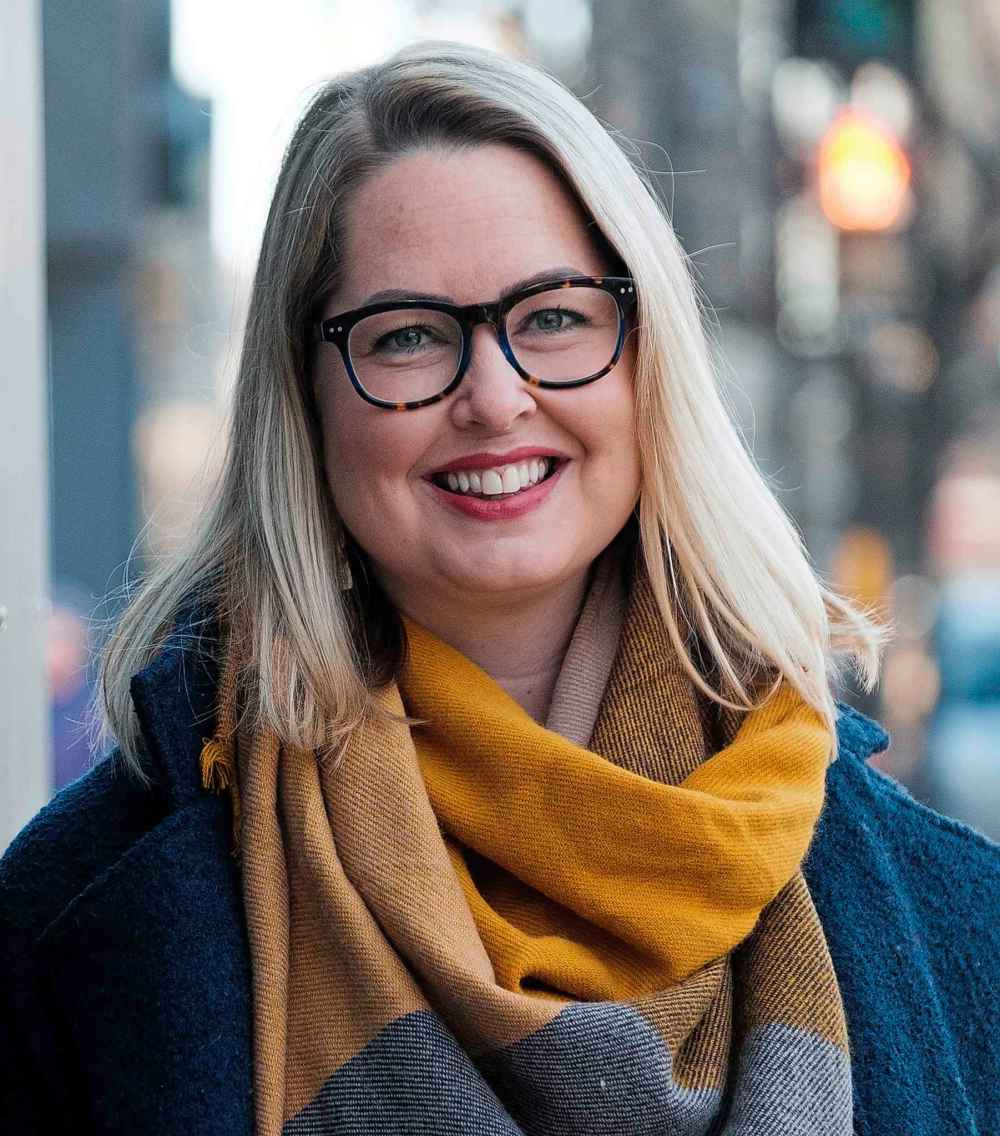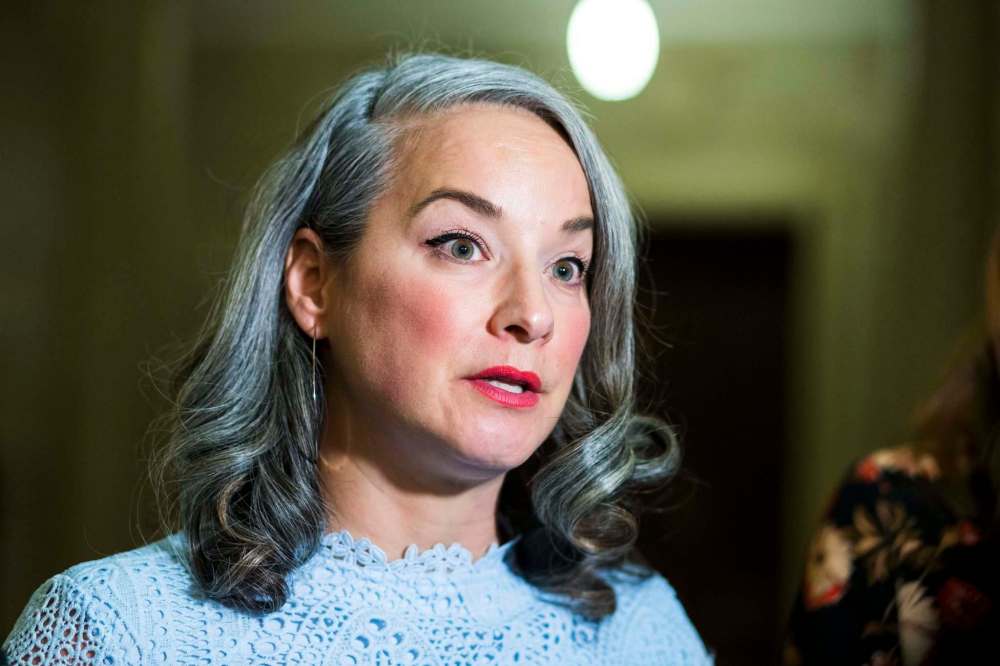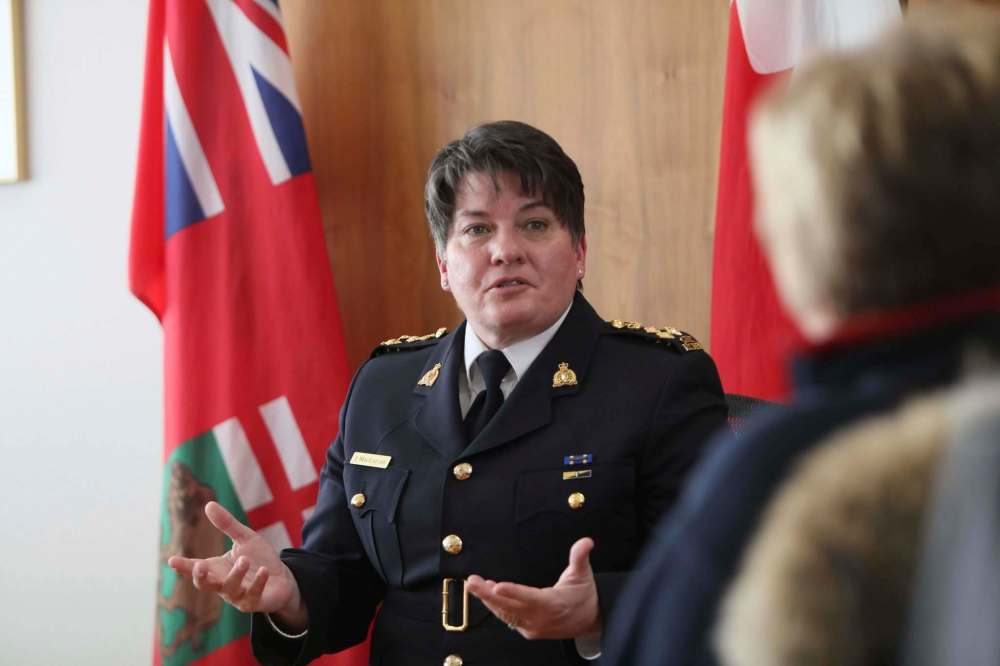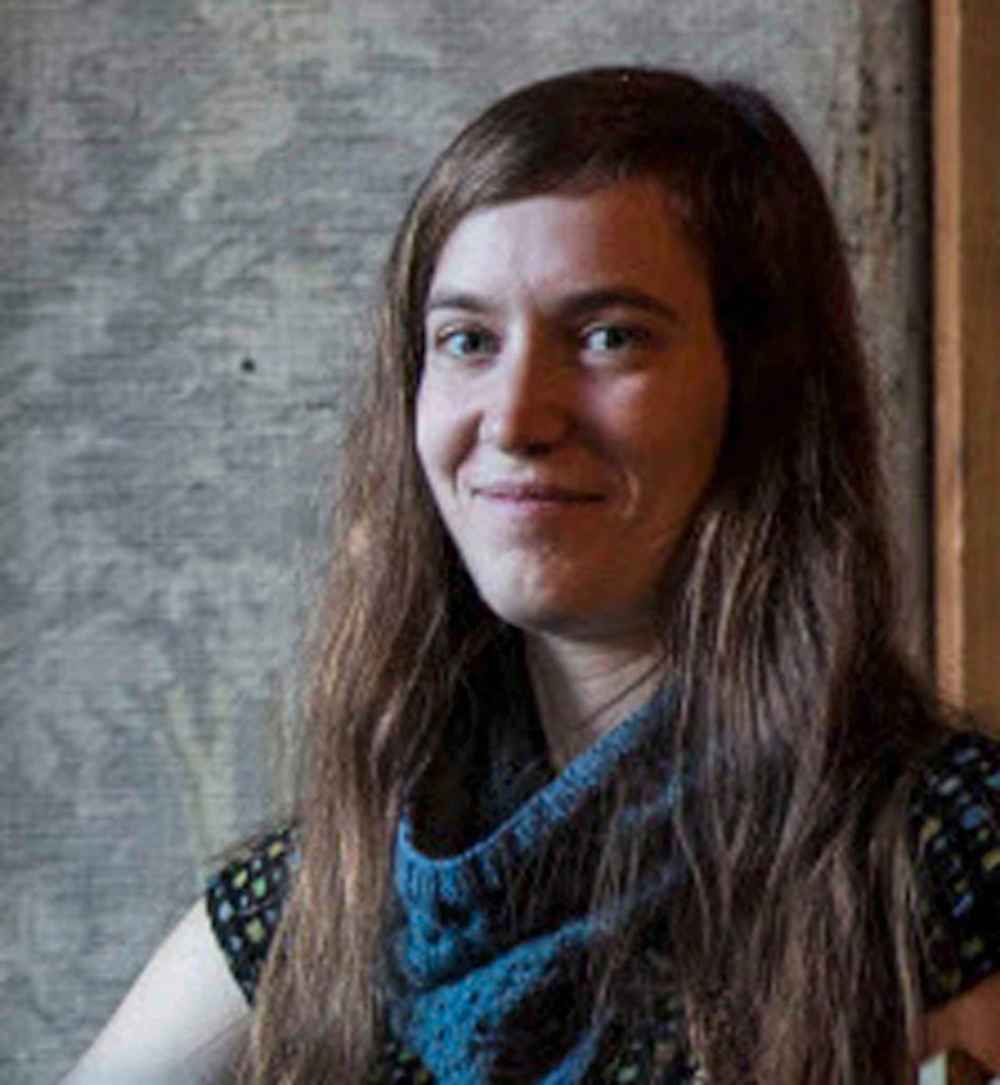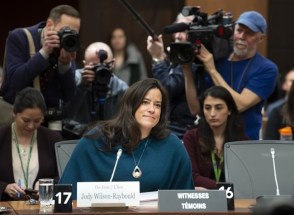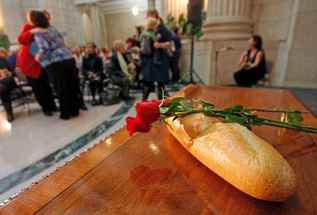More than snappy slogans World must learn to adapt while more women call the shots
Read this article for free:
or
Already have an account? Log in here »
To continue reading, please subscribe:
Monthly Digital Subscription
$0 for the first 4 weeks*
- Enjoy unlimited reading on winnipegfreepress.com
- Read the E-Edition, our digital replica newspaper
- Access News Break, our award-winning app
- Play interactive puzzles
*No charge for 4 weeks then price increases to the regular rate of $19.00 plus GST every four weeks. Offer available to new and qualified returning subscribers only. Cancel any time.
Monthly Digital Subscription
$4.75/week*
- Enjoy unlimited reading on winnipegfreepress.com
- Read the E-Edition, our digital replica newspaper
- Access News Break, our award-winning app
- Play interactive puzzles
*Billed as $19 plus GST every four weeks. Cancel any time.
To continue reading, please subscribe:
Add Free Press access to your Brandon Sun subscription for only an additional
$1 for the first 4 weeks*
*Your next subscription payment will increase by $1.00 and you will be charged $16.99 plus GST for four weeks. After four weeks, your payment will increase to $23.99 plus GST every four weeks.
Read unlimited articles for free today:
or
Already have an account? Log in here »
Hey there, time traveller!
This article was published 07/03/2019 (2469 days ago), so information in it may no longer be current.
Balance for better.
That’s the theme of this year’s International Women’s Day, which is celebrated and commemorated all over the world every March 8. It’s a day for celebration and action, a day to highlight the accomplishments of the powerful and inspiring women in our lives, as well as the work we still need to do to build an equitable world.
Women are still under-represented in many professional fields, especially in top leadership, decision-making positions.
That’s changing, of course, but gender parity still eludes too many of our boardrooms, newsrooms, stages, screens, labs, political cabinets, panels, restaurant kitchens, committees and any other space where you find people who make decisions about or influence how we live.
But having women in 50 per cent of the seats at any given table should not be the end goal. It should be the starting point. Balance, on its own, looks nice. But balance can only lead to change — for the better — if women are actually supported, respected, valued and heard.
“Balance, on its own, looks nice. But balance can only lead to change– for the better — if women are actually supported, respected, valued and heard.”
Canadians have seen first-hand what happens when balance in and of itself is the end goal. Remember the halcyon sunny-ways days of 2015, when our prime minister, Justin Trudeau, campaigned on a promise of a feminist government? “Because it’s 2015,” he declared when he announced his intention to create a gender-balanced cabinet.
Now it’s 2019, and his cabinet lost two of its most accomplished, principled women after Jody Wilson-Raybould and Jane Philpott made high-profile, mic-drop-worthy exits in the wake of the SNC-Lavalin scandal.
Liberal MP Celina Caesar-Chavannes tweeted this in support of both women: “When you add women, please do not expect the status quo. Expect us to make correct decisions, stand for what is right and exit when values are compromised.”
Caesar-Chavannes’ tweet is a riff on the pithy Liberal slogan Add Women, Change Politics. That sounds good on a T-shirt, but feminist governance is far more complicated than simply “add women and stir,” as Fiona McDonald and Jeanette Ashe wrote in the Ottawa Citizen, commending Wilson-Raybould and Philpott’s game-changing actions. “It is a commitment to name and dismantle the structures that sustain gender inequality.”
Instead, women are, too often, asked to uphold and participate in those very power structures. Women can sit at the table, sure, but they are not to touch the table, rearrange the table, burn down the table, or throw the table in the garbage because it no longer sparks joy.
That’s what makes Wilson-Raybould and Philpott’s actions so astonishing; they refused to accept things as they’ve always been, which is precisely how change is made.
“Women can sit at the table, sure, but they are not to touch the table, rearrange the table, burn down the table, or throw the table in the garbage because it no longer sparks joy. “
It’s not just politics. A great many everyday things in our world could have been built better if women were actually consulted — or, you know, even considered.
Author Caroline Criado Perez explores just that in her new book, published this week, Invisible Women: Exposing Data Bias in a World Designed for Men. Everything from crash test dummies to office temperatures to public restrooms to safety equipment have been designed with the average man in mind, which should create obvious problems when it comes to both the comfort and safety of, oh, half the population.
And when we talk about balance, it’s important to talk about what that word means in women’s day-to-day lives. Because most women’s lives look pretty unbalanced.
“When we talk about balance, it’s important to talk about what that word means in women’s day-to-day lives. Because most women’s lives look pretty unbalanced.”
Women still shoulder most of the household responsibilities. Women take on the bulk of childcare and the care of their aging parents. Women still feel crushing pressure to be everything to everyone in every sphere of their lives — which is only amplified in our rise-and-grind culture of perpetual hustle.
When women inevitably burn out, they are told to drink more water and do more yoga and “prioritize self-care.” If women do reach the tippy-top of their fields or start their own companies, they can’t just be the boss. No, they have to be a “girl boss” or a “boss babe.”
And then there’s the fact that opportunities to advance into decision-making roles are often only accessible to women who already wield a great deal of privilege.
We should all have a vested interest in balancing our world. Balance doesn’t just make things better for women. It makes things better for everyone.
But without putting in the work, #BalanceForBetter is just a slogan.
jen.zoratti@freepress.mb.ca Twitter: @JenZoratti
International Women’s Day:
Meanings and memories
The Free Press asked several prominent women in leadership roles what International Women’s Day means to them.
Here’s what they had to say.
Kate Fenske, CEO, Downtown Winnipeg BIZ: “For me International Women’s Day is about celebrating the women who inspire me, and thanking them for pushing boundaries and opening doors.
It’s about high-fives and shout-outs for women who don’t often get the recognition they deserve — whether they’re running a business, raising a family, volunteering their time or representing their constituents in government.
It’s also an opportunity to ask, ‘What am I doing to create gender parity?’ It’s nice to say we believe gender equality is important, but what really matters is action.
We need more women on boards, in leadership roles, and elected to public office. Ensuring there’s diversity around the table, gender and otherwise, means greater success for us all.
International Women’s Day is a great opportunity to ask: “What steps can each and every one of us take to make this happen?”
Lynne Skromeda, executive director, Winnipeg Folk Festival: “International Women’s Day is a time for everyone to reflect on women’s roles in society from so many different angles.
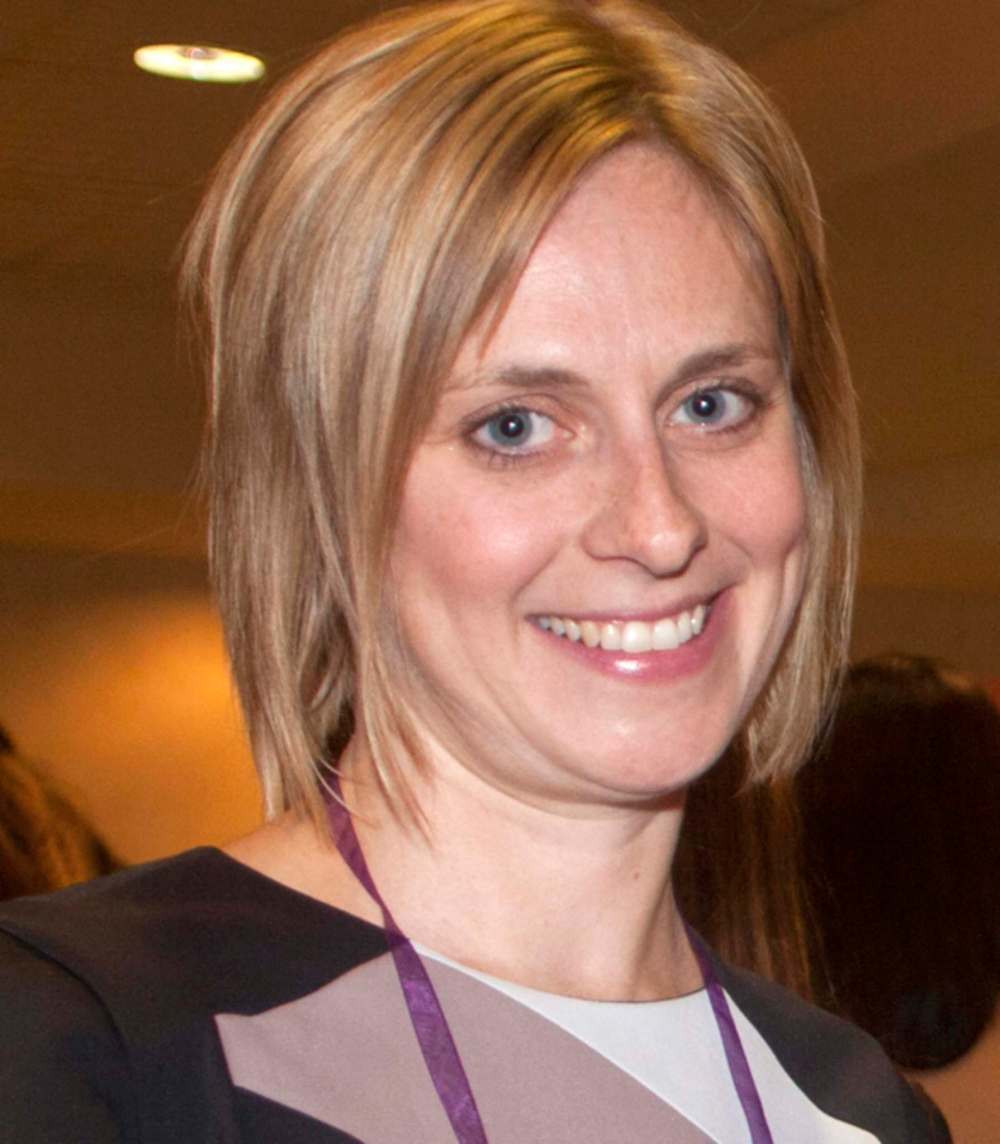
We can look at how far women have come but also it’s an opportunity to think about what we’re currently doing and how we can make sure we are creating and supporting opportunities for all women.
Whether it’s small acts in our daily lives or major activities that take time and commitment, personally and professionally, regardless of our gender, we need to pay attention to what women bring to the table and ensure voices from all perspectives are able to be heard.”
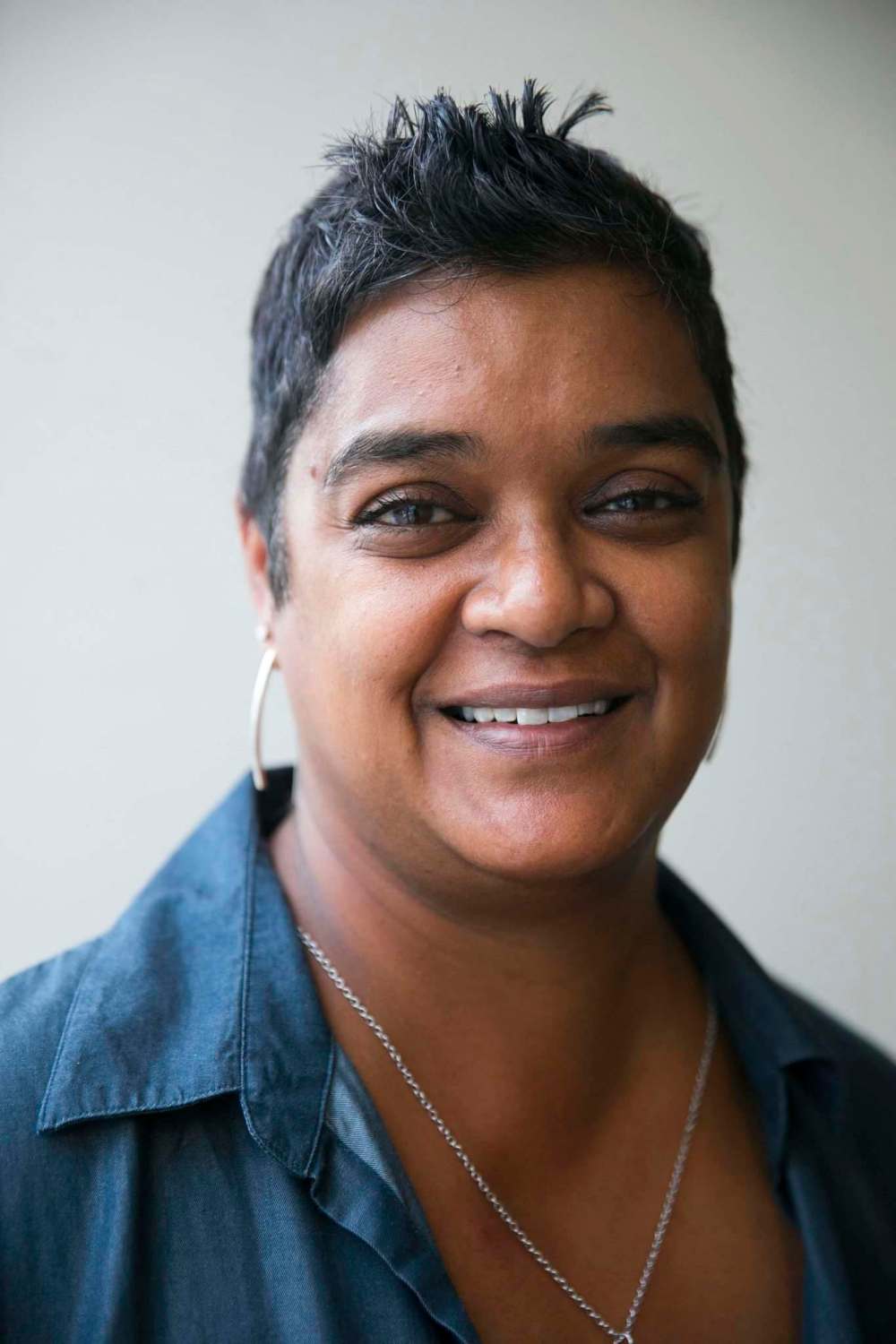
Nadine Sookermany, executive director, Women’s Health Clinic: “To me, International Women’s Day is more than an acknowledgment of women and our work — it represents the interconnectedness of ALL women’s experiences across the globe — this includes the voices and lives of Indigenous women, racialized women, trans women, disabled women, poor women, young and old.
It is an opportunity to authentically acknowledge the privilege those of us who are waged, educated, wealthy, non-disabled have in a world that values those things — and a chance to shift the conversation.”
Nahanni Fontaine, NDP MLA: “International Women’s Day for me is actually my favourite day of the year.
It’s the one day — although it should be 365 days a year — where we take a moment to recognize the strength and commitment and uncompromising courageous nature of women and girls while also recognizing the need to continue to fight to ensure that women and girls live a safe life and have all of the opportunities that should be afforded them.
It‘s a day to reflect on how amazing women and girls are, but also to stand in solidarity with your sisters around the world whose bodies and spaces are so severely oppressed and restricted and to fight against that.”
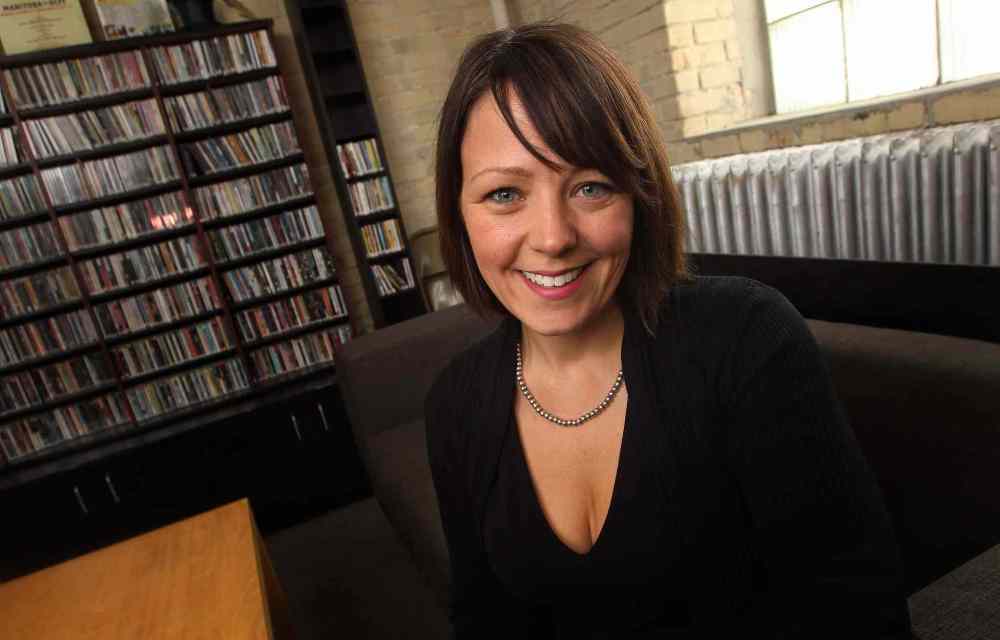
Sara Stasiuk, VP of finance and operations, The Forks: “International Women’s Day reminds me that the relative ease with which I walk through the world is because of women who have fought against gender inequality.
IWD is a time to celebrate the strong and resilient women who are changing their communities, to call for change, and to consider what I can do to continue the fight for balance.”
Rochelle Squires, Manitoba’s sustainable development minister and minister responsible for the status of women: “It’s a call to action, ultimately, as I see it. And this year’s theme is ‘Balance for a better world.” That’s a testament to where we are in 2019 and how women still haven’t achieved equality in many regards.
We know that the history of International Women’s Day goes back over 100 years when women were fighting for the right to vote and other major initiatives.
Yet, here we are over a hundred years later and we’ve had the right to vote and we have had some hard-fought wins in both the public and the private sector and in the corporate world.
But we still have not received a balanced world for women. We do not have equity whether it be in legislatures, whether it be in the House of Commons, whether it be in the workforce.
We know that women are grossly under-represented in all spheres of leadership. And in order to achieve better outcomes for women, we need more women making decisions for society.”
Jane MacLatchy, assistant commissioner and commanding officer of the Manitoba RCMP: “On this day, we celebrate the successes and advancement of women and encourage everyone to be a champion for gender parity around the world. For me, this day feels personal.
Throughout my life, I have encountered barriers and biases because I am a woman. When I was very young, I dreamed of being a Mountie and was told no way, no how… you’re a girl. When I wanted to play hockey, I was told no way, no how… you’re a girl. When I went to high school and wanted to focus on science and math, I was told no way, no how… you’re a girl. When I finished university (in science — ha!) and started the process to join the RCMP, I had many people say no way, no how… you don’t want to do that… you’re a girl; it will be too tough.
So how do I find myself 30 years later an Assistant Commissioner and Commanding Officer in the Mounties? Well, I will tell you. I have been blessed to have people in my life who not only supported me and my dreams, but helped me believe, I mean really believe, that I could do anything I set my mind to.
I was inspired by the strong women who blazed a trail and who opened doors, and I was boosted through those doors by folks (women and men) throughout my life who supported me and held me up when things got tough.
On this International Women’s Day, I encourage everyone to be someone who helps a little girl really, really believe she can do anything. Then help her do it.”
Madeleine Roger, singer/songwriter: “For me, International Woman’s Day is about reflecting on the deep value, power, and wisdom that women hold.
It is about examining the barriers that women face in their careers and finances, their relationships and sexuality, their ambitions and freedoms, their safety and security.
It’s about believing the injustices that women experience all over the world as a result of their gender.
It is about recognizing intersectionality as major factor of marginalization and the climb towards equality.
It’s about acknowledging the victories that have been achieved, while also respecting how far we still have to go.”

Jen Zoratti is a Winnipeg Free Press columnist and author of the newsletter, NEXT, a weekly look towards a post-pandemic future.
Our newsroom depends on a growing audience of readers to power our journalism. If you are not a paid reader, please consider becoming a subscriber.
Our newsroom depends on its audience of readers to power our journalism. Thank you for your support.

